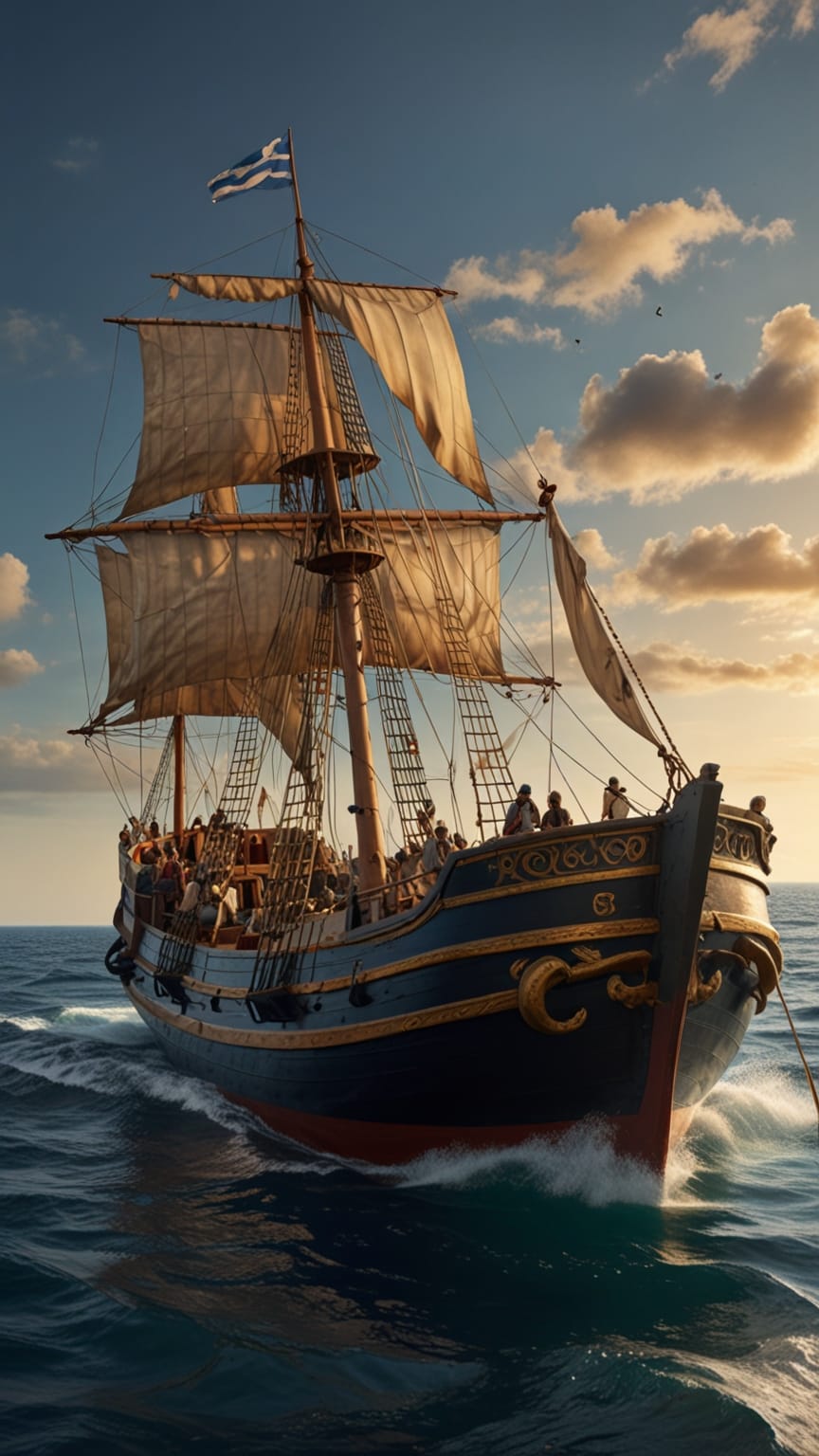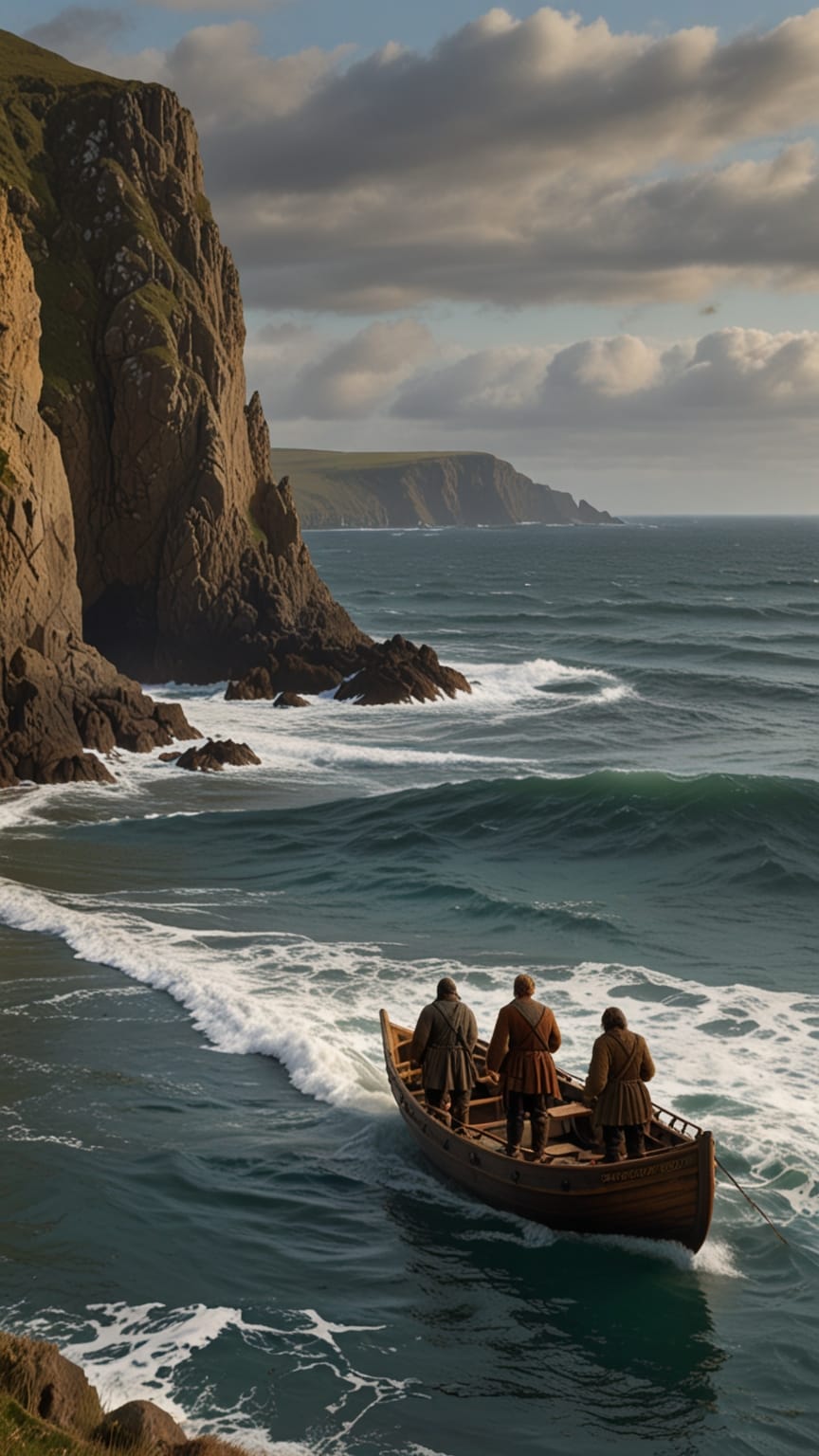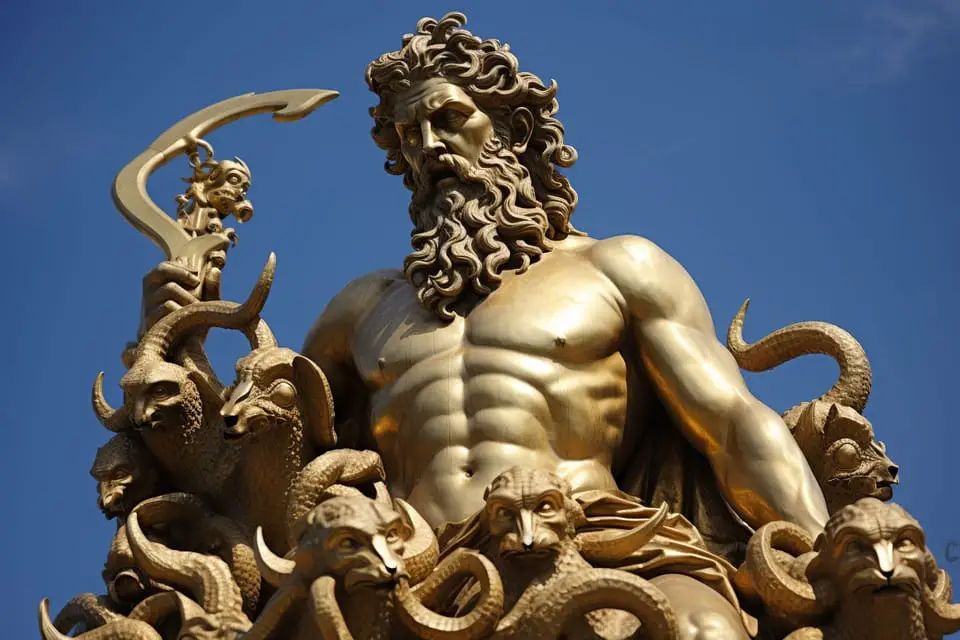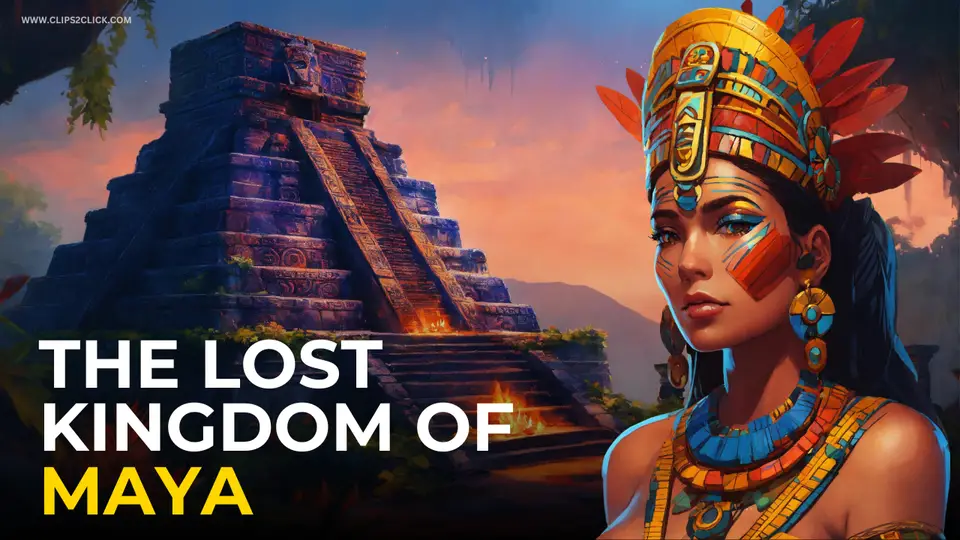Pytheas' Epic Voyage: Unveiling the Ancient World

Pytheas, a Greek explorer from the 4th century BCE, embarked on an epic voyage that took him to the farthest reaches of the ancient world. His journey, though shrouded in mystery, has captivated historians and scholars for centuries. In this article, we will delve into the life and travels of Pytheas, exploring the high seas, uncharted territories, and the secrets he uncovered.
The Life and Times of Pytheas
Pytheas was born in the city of Massalia, a Greek colony in southern Gaul, around 380 BCE. Little is known about his early life, but it is believed that he came from a wealthy family and was well-educated.
His background and upbringing would have provided him with a strong foundation in mathematics, astronomy, and navigation, all of which would serve him well on his future voyages.
Growing up in a colony on the edge of the Greek world, Pytheas would have been exposed to the influences of both Greek and Celtic cultures, and it is likely that this cultural exchange played a role in shaping his worldview and inspiring his curiosity about the wider world beyond Massalia.
The historical context of Pytheas' time was one of growing interest in exploration and discovery.

The Greeks had already established colonies throughout the Mediterranean, and there was a strong desire to expand trade and cultural exchange with other regions.
The prevailing attitude towards exploration was one of cautious optimism, with many believing that the world was full of mysteries waiting to be uncovered.
Advances in shipbuilding and navigation technology made long-distance travel more feasible, and Pytheas would have had access to the latest designs and techniques.
These factors combined to create an environment in which an ambitious and curious individual like Pytheas could conceive of and plan an epic voyage to the edge of the known world.
The Voyage Begins
Pytheas' Epic Voyage: The Voyage Begins Pytheas' voyage was a monumental undertaking that required meticulous planning and preparation. The Greek explorer set sail from the port city of Massalia, in present-day France, with a fleet of ships and a crew of seasoned sailors.

The vessels were sturdy and well-equipped, designed to withstand the harsh conditions of the open sea. Pytheas had carefully selected his crew, choosing men with experience in navigation, trade, and warfare.
As Pytheas navigated the Mediterranean, he followed the established trade routes, stopping at various ports to restock supplies and gather information.
He sailed northwest, passing the Iberian Peninsula and entering the Atlantic Ocean. The route was treacherous, with strong currents and unpredictable weather patterns, but Pytheas' experience and skill kept his crew safe.
One of the most significant challenges Pytheas faced was the lack of accurate charts and maps. He relied on astronomical observations and dead reckoning to navigate the unknown waters.
Despite these limitations, he made remarkable discoveries, including the identification of the tidal patterns in the Atlantic. Pytheas also encountered various cultures, including the Celts and the Scythians, with whom he traded goods and gathered valuable information.
Historical records and archaeological findings suggest that Pytheas sailed as far as the British Isles, where he encountered the native Celtic tribes. He observed the unique cultural practices and traditions of the islanders, including their skill in metalwork and their reverence for the natural world.
The discoveries Pytheas made during this leg of his journey would have a profound impact on the ancient world, expanding the boundaries of geographical knowledge and opening up new trade routes.
As Pytheas continued his journey, he faced even greater challenges, including the harsh conditions of the Arctic Circle.
His voyage marked the beginning of a new era of exploration, one that would inspire future generations of sailors and adventurers. The discoveries he made during this epic journey would forever change the way the ancient world understood the globe and its many wonders.
The Edge of the Known World
Pytheas' voyage to the edge of the known world was a groundbreaking journey that took him to the British Isles, the Baltic Sea, and the Arctic Circle. As the first known Greek scientific visitor to these regions, he made significant discoveries about the geography, climate, and cultures of the areas he visited.
Pytheas' account of his journey, although lost to time, has been pieced together through the writings of later authors, including Strabo, Diodorus, and Pliny.
These accounts provide valuable insights into the extent of Pytheas' travels and the impact of his discoveries on the ancient world. One of the most significant aspects of Pytheas' journey was his circumnavigation of the British Isles.

He was the first Greek to visit these islands, and his descriptions of the land, people, and natural resources were likely instrumental in shaping the ancient Greeks' understanding of the region.
Pytheas also explored the Baltic Sea, where he encountered various Celtic and Germanic tribes. His descriptions of these encounters provide valuable insights into the cultures and customs of these ancient peoples.
In addition to his geographical discoveries, Pytheas also made significant observations about the natural world. He was the first person on record to describe the midnight sun, a phenomenon that occurs in the Arctic Circle during the summer solstice.
Pytheas also noted the existence of a frigid zone, where the nights are very short in summer and the sun does not set at the summer solstice. These observations demonstrate Pytheas' keen eye for detail and his commitment to scientific inquiry.
Pytheas' voyage also had a significant impact on the development of trade routes in the ancient world.
He established trade relationships with the Celtic and Germanic tribes he encountered, and his descriptions of the natural resources of the regions he visited likely helped to facilitate further trade and exploration.
The association of Pytheas with the tin trade, as mentioned by Diodorus and Pliny, is a testament to the economic significance of his journey.

Despite the significance of Pytheas' voyage, the exact date of his journey is unknown.
Estimates based on the writings of later authors suggest that Pytheas may have traveled around 330 BC. However, the circumstances of his voyage, including the route he took and the challenges he faced, are not well documented.
Nevertheless, Pytheas' journey remains an important milestone in the history of exploration and scientific discovery, and his legacy continues to inspire wonder and curiosity about the ancient world.
Conclusions
Pytheas' voyage was a testament to the ingenuity and curiosity of the ancient Greeks. His discoveries, though often disputed, have left an indelible mark on the world of geography and exploration.
As we reflect on his journey, we are reminded of the power of human curiosity and the importance of pushing beyond the boundaries of the known.




